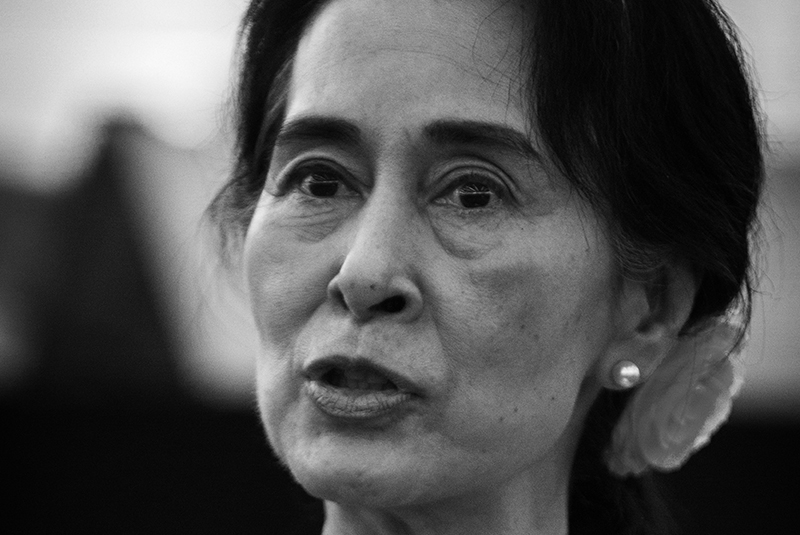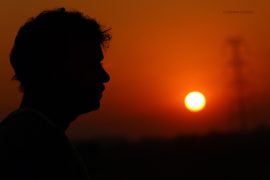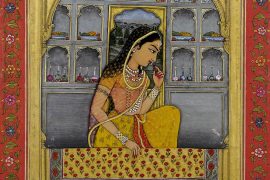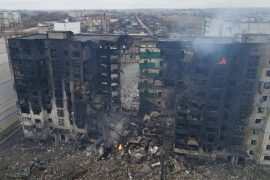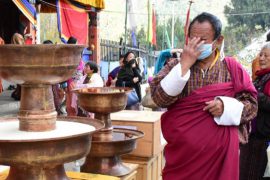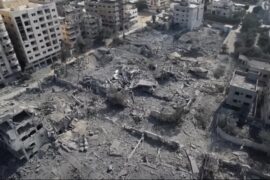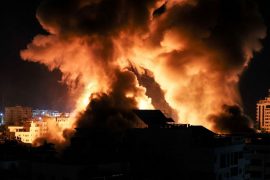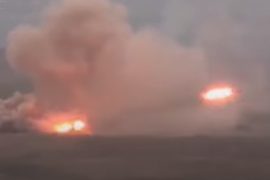As we approach the end of 2016, ‘democratic’ Myanmar appears little different from the yesteryears of its recent authoritarian past. Government decisions remain largely opaque and insulated from society. Citizens, including journalists, continue to be prosecuted for criticism of the military and public officials – including perceived insults directed against former political prisoners-turned government officials such as President Htin Kyaw and State Counsellor Aung San Suu Kyi. Myanmar’s growing economy has had limited implications for the large majority of the populace, while wealth remains largely concentrated in the hands of a small group of ‘cronies.’
Critically, the security situation in parts of the ethnic peripheries has deteriorated significantly with growing resentment against the state and the military. Resumed fighting in the northern Shan State saw the State Counsellor offering nothing new on the table except for a weak statement urging ethnic rebels to join the government’s peace process and sign the underwhelming Nationwide Ceasefire Agreement (NCA). Further, a violent response by the long-oppressed Rohingya populace in October has provoked a punitive military operation in the northern Rakhine State, described by some observers as ethnic cleansing.
Constitutionally, the civilian government has limited powers to rein in the actions of the military. Prolonged instability and uncertainty in the ethnic peripheries has already led Commander-in-Chief Min Aung Hlaing to publicly remind everyone that it was the military’s constitutional responsibility to administer the government in the event of a state of emergency. Yet, the popularly elected National League for Democracy (NLD)-led government has gone further and actively defended military action. There has been an information blackout in the northern Rakhine State, while the government has actively interfered with journalistic work. The Myanmar Embassy in the U.K. recently filed a formal complaint with the BBC World Services for its reporting of the situation in Rakhine State. Further credible reports suggest that the government have pressured a local English newspaper to fire a journalist for her report on possible war crimes committed in the Rakhine state, while another Western photographer was blacklisted from entering the country, also likely due to his work documenting the Rohingya community’s plight. These actions although popular with the large majority of the Myanmar populace, differ little from the past actions and behavior of its predecessor government.
Copyright©Madras Courier, All Rights Reserved. You may share using our article tools. Please don't cut articles from madrascourier.com and redistribute by email, post to the web, mobile phone or social media.Please send in your feed back and comments to [email protected]

